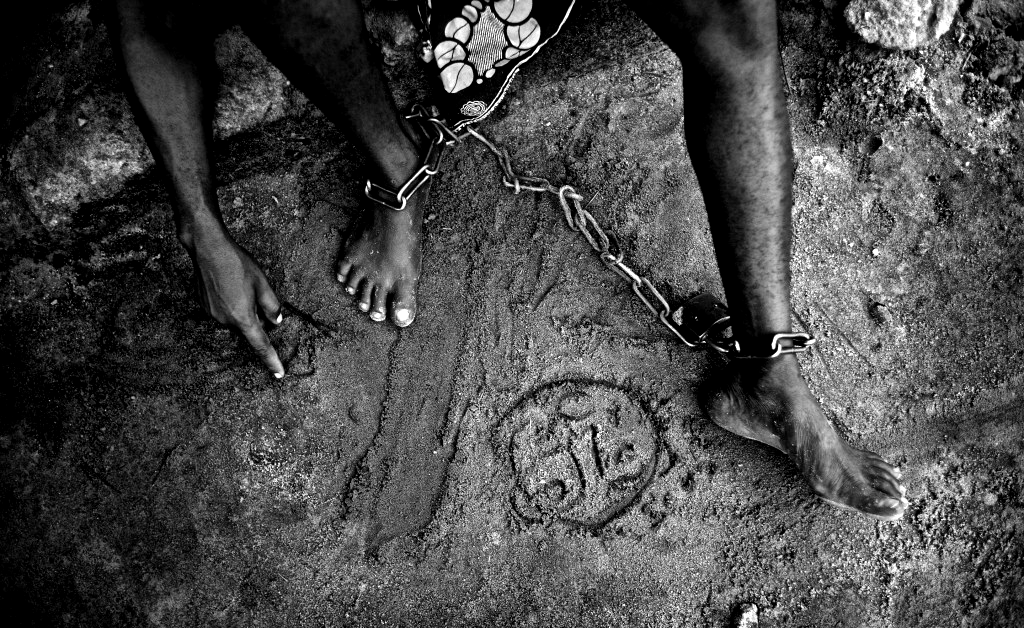
Mental health is gaining long-overdue attention across Africa, as governments, public health agencies, and civil society increasingly recognize the scale of the crisis. As of mid-2025, an estimated 116 million people on the continent are living with some form of mental health condition, yet access to care remains severely limited. Most African countries have fewer than two trained mental health professionals per 100,000 people, far below the global average. Suicide rates in Africa remain among the highest in the world, particularly among youth, and mental health spending remains low—often less than one percent of national health budgets.
The challenge is compounded by a widespread shortage of psychiatrists, psychologists, and counselors. Countries like Malawi report only a single psychiatrist serving the entire population, and Nigeria has fewer than 300 registered psychiatrists for more than 200 million people. In many regions, cultural stigma surrounding mental illness continues to discourage people from seeking help, pushing them toward faith-based or informal solutions rather than clinical care.
Despite these gaps, there are promising developments. Countries such as Zimbabwe have seen success with community-based interventions like the “Friendship Bench” program, which trains lay health workers to provide talk therapy in local settings. In West Africa, hairdressers are being trained to recognize signs of emotional distress and offer initial psychosocial support. Elsewhere, countries including Ethiopia and Kenya are integrating mental health into primary healthcare systems through task-shifting strategies that allow general practitioners to manage common disorders. In the private sector, digital mental health startups in Ghana, Nigeria, and Kenya are providing virtual therapy platforms to improve access, particularly for urban youth.
Policy developments are also underway. The Africa CDC has launched a mental health leadership training program aimed at helping health ministries strengthen rights-based approaches. The African Union has established a regional task force to address the intersection of mental health and non-communicable diseases. Malawi passed a new Mental Health Act in April 2025 that introduces oversight measures and guarantees protections for people living with mental illnesses. WHO’s regional office notes that more than 75 percent of African countries now have mental health policies, and per capita spending has improved slightly in the last decade, although it remains far below global targets.
Nonetheless, critical needs persist. Funding remains inadequate, public awareness is low, and stigma is still pervasive. In conflict zones and areas affected by climate-related disasters, trauma and psychological distress go largely unaddressed due to a lack of emergency mental health services. Health officials warn that if the continent’s mental health needs are not addressed as a development priority, the long-term consequences will include reduced productivity, higher suicide rates, social instability, and widening health inequalities.
By: TPA Health Desk | editor@thepointafricanews.com









Leave a Reply